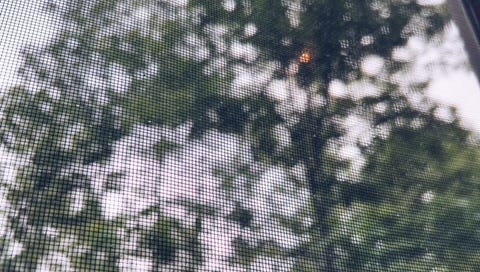Thirteen Things Right Now
Composting vs. purifying, bears eating fish all day, a really good book, are we already over boundaries before we even got them, solitude as a superower, loneliness as a mental illness, engaging vs. numbing, weight health vs. weight loss, a good Netflix show.
The Brooks Falls live feed of brown bears catching fish all day is back
- ‘s book, The Bigger Picture: How Psychedelics Can Help Us Make Sense of the World, which I read in three days (a wild speed for this kind of non-fiction). Though it’s absolutely a book on psychedelics, which I think feels incredibly niche to some, I found it to be one of the best books I’ve read in a while on navigating current culture/this time in history. I couldn’t recommend it more.
Boundaries boundaries boundaries. By now, I’m assuming you know that therapy evangelist Johah Hill allegedly sent text messages to his (then- now ex-)girlfriend where he used therapy speak in an obviously controlling and abusive manner (for instance, he …



